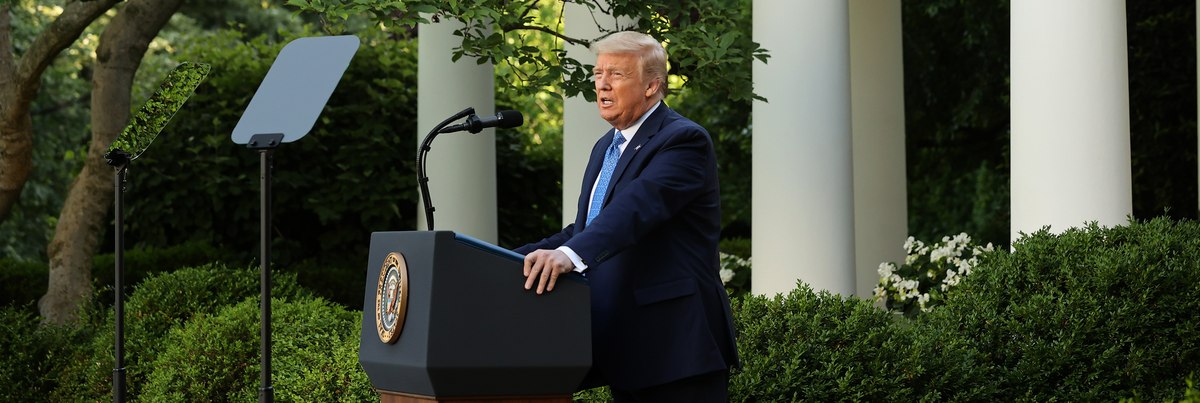Earlier this month, President Donald Trump signed a series of executive orders which, among other initiatives, will postpone payroll taxes through the end of the year and extend unemployment benefits.
Data from The Economist and YouGov finds that over half (56%) of Americans say they approve of these orders. Americans who are 65 and older (62%) are especially likely to say they approve of them.
Additionally, Americans who have a household income of $100K or more are more likely (32%) to say they “strongly approve” of these orders. About one-quarter (26%) of those earning less than $50K per year feel the same way.
Predictable partisan splits exist on this issue: Republicans (77%) are more likely than Independents (56%) and Democrats (38%) to say they approve of Trump’s executive orders.
While the CARES Act deferred payroll taxes for employers, the executive order will apply to employees who make up to $104,000 annually. Under the order, payroll taxes will be deferred from September until the end of the year. Employees would need to repay the government in 2021 -- unless the tax cut became permanent, a move Trump has voiced support for. Critics have argued that since these taxes fund social security, making these cuts permanent would have a significant effect on social security benefits.
However, Treasury Secretary Steven Mnuchin said that wouldn’t be the case.
“There would be an automatic contribution from the general fund to those trust funds,” Treasury Secretary Steven Mnuchin said in an interview with CNBC. “The president in no way wants to harm those trust funds, so they would be reimbursed, just as they’ve always been in the past when we’ve done these types of things.”
Previous Economist/YouGov polling from February 2020 finds that social security is an important issue for nearly all Americans. Two-thirds (66%) of Americans said this is a very important issue for them, while another 26 percent said it is somewhat important issue.
See the toplines and crosstabs from this week’s Economist/YouGov Poll
Methodology: The latest Economist survey was conducted by YouGov using a nationally representative sample of 1,500 US registered voters interviewed online between August 16 – 18, 2020. The sample was weighted according to gender, age, race, and education based on the American Community Survey, conducted by the US Bureau of the Census, as well as 2016 Presidential vote, registration status, geographic region, and news interest. Respondents were selected from YouGov’s opt-in panel to be representative of all US citizens. The margin of error is approximately 3.4% for the overall sample.
Image: Getty








